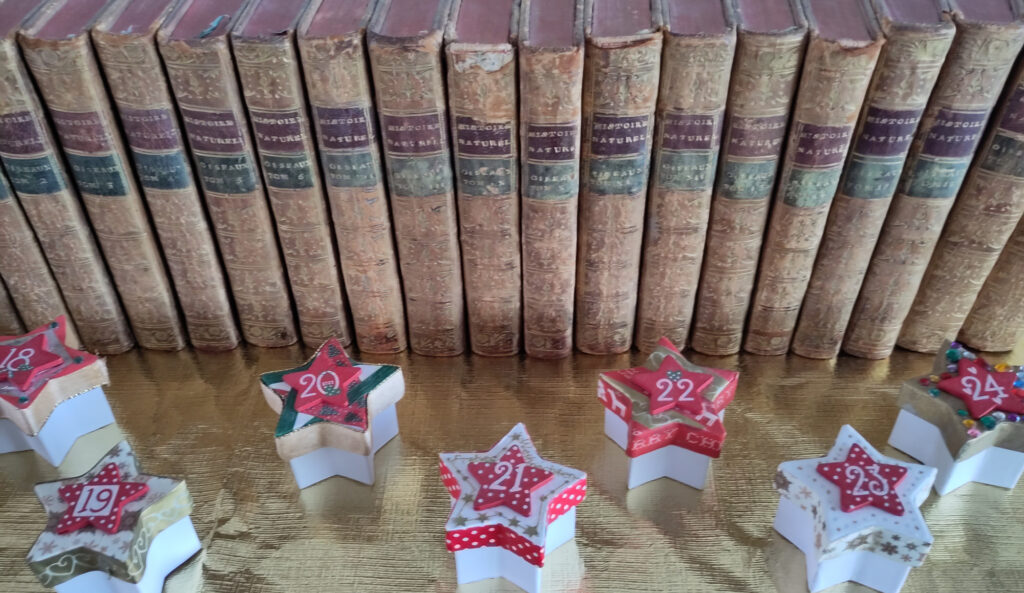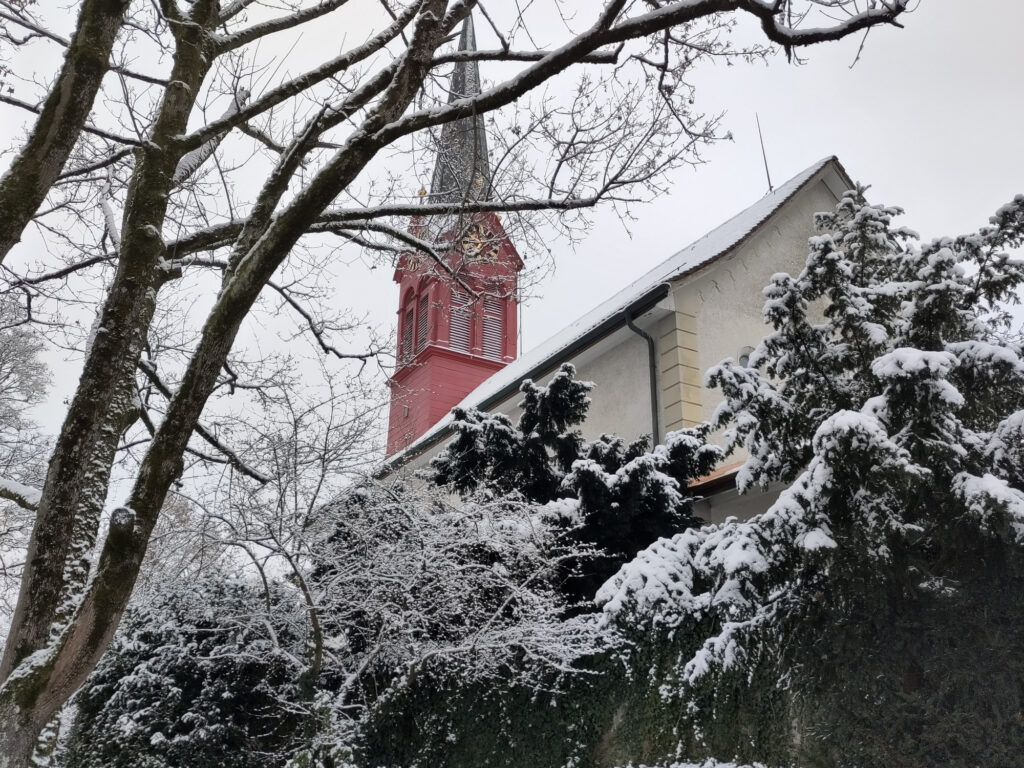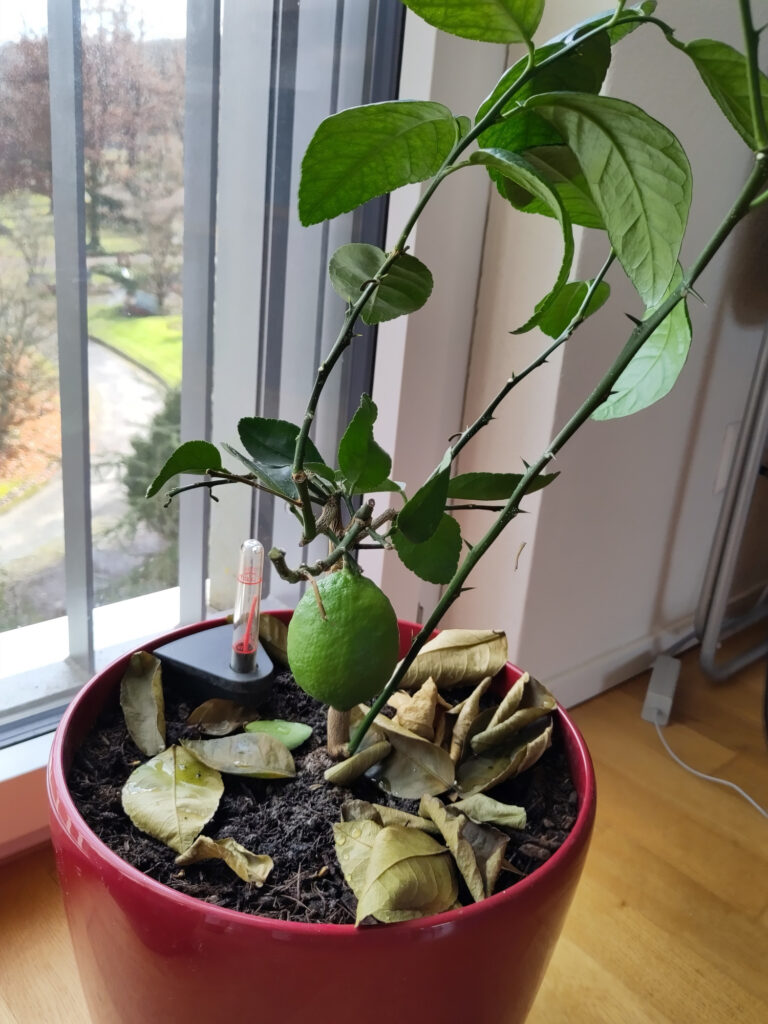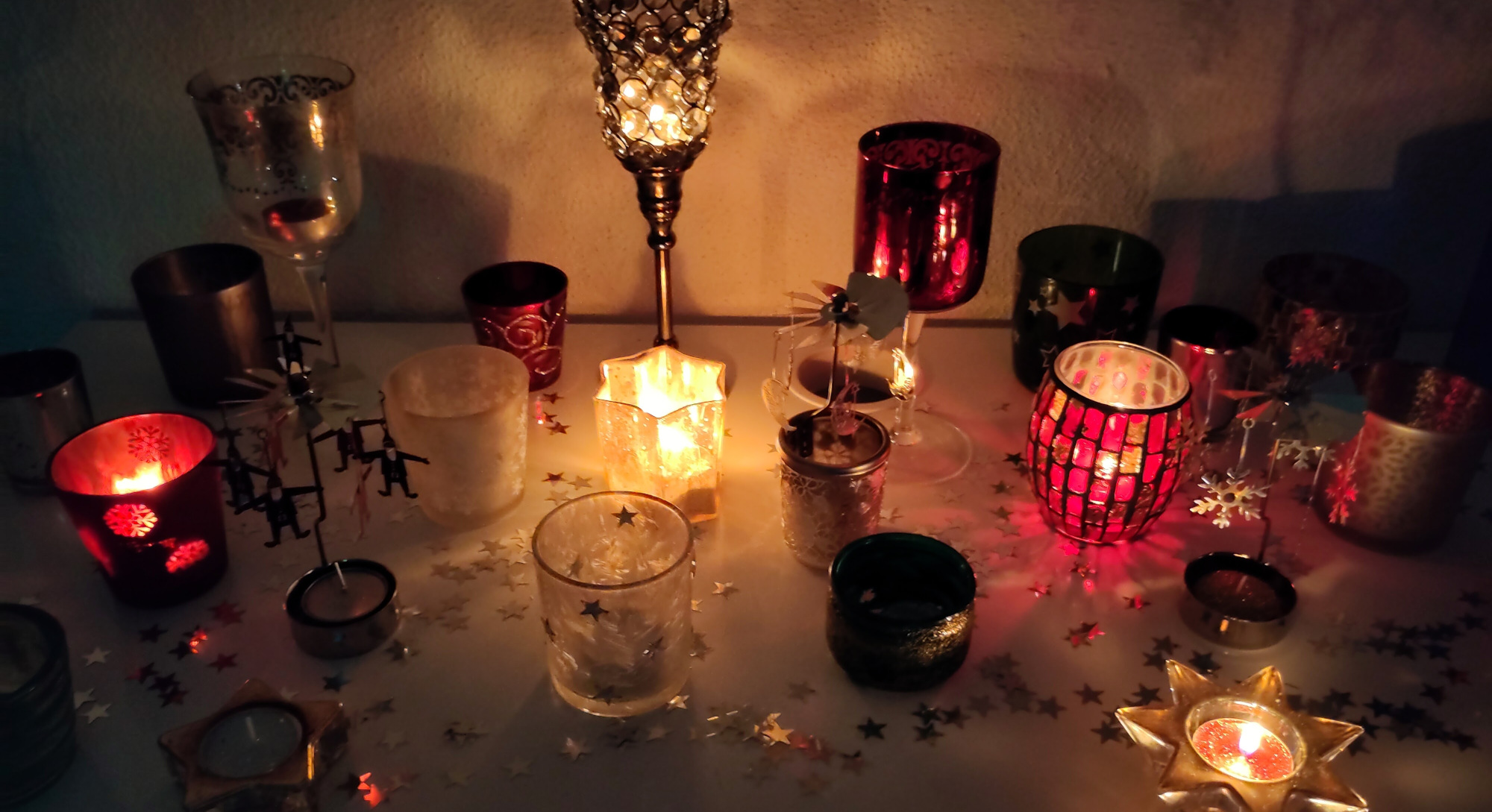**Remember to nominate candidates for the X-Mormon of the year.**
I’ve seen people argue that — given the environmental/climate impact of wasteful consumerism — maybe we should have a war on Christmas. I have some sympathy for that position.
All my life I’ve heard the cry to remember “the true meaning of Christmas” (i.e. Jesus) given as the antidote for the crass and hollow celebration of getting more stuff. As an atheist, I disagree with that point of view.
So I guess logically I should hate Christmas. A lot of people do, and with good reason.
But I don’t hate it. I love it!! It is my favorite holiday. And today I’d like to tell a bit of my life story to explain why.
Mormonism is culturally part of the Protestant tradition, which was founded in response to the excesses of Catholicism. One of the first items on the protestant chopping block was the decadence (and non-Biblical origins) of the liturgical calendar, with all of its rituals and feast days.
But the protestants failed to stamp out holidays like Christmas. Instead they ironically turned them secular by removing the church-centered part of the celebration. Early Protestants (particularly Puritans) taught against celebrating Christmas. It was actually illegal for a big chunk of the colonial period in puritan America. But that was a losing battle, and Christmas continued — stripped of reverent worship component.
That’s where I enter the story.

As an adult atheist, I’ve never liked the idea that atheists should embrace or reclaim some sort of atheist “spirituality.” The word “spirit” is the center of it, and most people who embrace spirituality mean it quite literally — that humans are animated by an immaterial “spirit” and that “spirituality” is fundamentally about some supernatural communion with some spirits or other supernatural beings that really exist outside of your own brain and emotions. I don’t think it’s possible (or even desirable) to talk about “spirituality” without affirming this belief.
However, in my own childhood, Christmas was the one time that I would enjoy feeling this emotion that many people would call “spirituality”. Let me explain:
In the Church of Jesus Christ of Latter-day Saints, we would often talk about “feeling the spirit”. This happens when someone gives a really moving talk at church that affects everyone and/or during silent prayer.
I never liked this type of “feeling the spirit.” It always had an aftertaste of feeling icky and off. I’m not sure why. Maybe it felt manipulative. Maybe deep down I didn’t believe that it was really “the Holy Ghost” causing it, but I felt like I was bad and wrong not to believe it. Maybe something else.
But the feeling at Christmas was different. It was kind of a cleaner, sweeter version of the same emotion. This yucky aftertaste was gone because it wasn’t forced and it didn’t ask me to believe that it was communion with actual supernatural spirits. (Thank you protestant tradition for sidelining Jesus so that we could re-center the earlier roots of the solstice celebrations!!!)
Here’s what I mean about the spiritual-like feeling at Christmas:

When I was a kid, my parents would put up a big Christmas tree covered in colored lights, and they’d play Christmas music more or less continuously from the day that the tree was up. I used to love to sit beside the tree — with the only light coming from the twinkling tree and maybe some reflected moonlight on the snow outside — and listen to Christmas music.
When doing this, I would feel myself as part of an unbroken thread — stretching back for millennia — of people enjoying a celebration of sparkling lights in the dark as we round the bend and the nights finally start to get shorter again.
Christmas music helps build this feeling because it’s fundamentally a collection of old songs and new, played in styles from all different time periods from this year all the way back to the middle ages. It’s the one time we listen to music grouped by theme rather than by genre.
I understand why people complain about Christmas music. The department stores keep repeating the same songs, and it feels like your ears are being bombarded by the word “Christmas” over and over again. But it doesn’t have to be like that.
At my house, I can put on my red-and-green plaid apron and decorate Christmas cookies with my children while listening to “O come, o come Emmanuel” (13th century), “Deck the Halls” (lyrics 1881, set to a much older Welsh traditional New Year’s carol), “Have yourself a merry little Christmas” (1944), “Have a Holly Jolly Christmas” (1964), and Jacksfilms “Royalty-Free Christmas Songs” (present) — and hundreds of songs in between played in styles of all different time periods.
I love how old, mostly-forgotten traditions get preserved in the amber of old Christmas songs, e.g. Wassailing, Figgy pudding, Currier & Ives, riding through the snow in a one-horse open sleigh, etc.
It’s not just the music, either. This joyful festival includes an eclectic collection of traditions (and characters) that have been pulled into the mix from different times and places for millennia. And I love how this celebration makes me feel connected with the past and the future — my own past and future as well as the generations of humans that I’m a part of.
So, yeah, I don’t want to have a war on Christmas. But I don’t love the wasteful consumer aspect that has become the center of our modern celebration of this holiday. So what to do?
My own strategy is to try to de-emphasize the presents. Don’t skip the giving, but re-orient it towards charitable giving. There are a lot of hungry people out there, and good people who are helping feed them. (For children, in addition to the presents they asked for, you can make donations in their names so they feel a part of giving to others and learn to be generous.)
I also focus on social gatherings like parties and on traditional crafts people can do together (e.g. decorate a gingerbread house, make homemade ornaments, deck the halls, etc.). I also like to observe the traditional “12 days of Christmas” — instead of treating the presents on the 25th as the event of Christmas, I treat it as one of the many events in a celebration that starts in early December and stretches to Epiphany on January 6th.
Oh, and we’re planning to use this lime that my little lime tree has been growing for the past 6 months in our Christmas Eve cocktails:

And you?
**Remember to nominate candidates for the X-Mormon of the year.**

Cheers to you and yours this season, Chanson!
I love this idea of Christmas as connections to new and old!
And that lime looks tasty!
This is a lovely reflection on Christmas. Thanks for sharing.